Strengthen product quality inspection and supervision
According to statistics from the Ministry of Agriculture and Environment (MARD), as of December 2024, the whole country had evaluated and classified nearly 15,600 OCOP products, far exceeding the target of 10,000 products set by 2025. OCOP products not only contribute to promoting local strengths, promoting rural economic development but also help to increase sustainable income for people, becoming a strong driving force in the new rural construction movement (NTM).
Despite many achievements, the OCOP Program still has many limitations. Even Hanoi, the leading locality, only has 6 products meeting the 5-star OCOP standard, clearly reflecting the limitations in the ability to expand the scale and improve product quality. At the consultation workshop to collect opinions on the implementation direction of the National Target Program on New Rural Development for the period 2026 - 2030 organized by the Ministry of Agriculture and Rural Development recently, former Minister of Agriculture and Rural Development Nguyen Xuan Cuong pointed out limitations such as some products that people only produce seasonally with low output; small and fragmented production households; the scale and management capacity of the subjects participating in the OCOP Program are still small and weak...
In reality, the consumption of OCOP products in most localities is still not commensurate with the potential. OCOP products have not created a clear difference compared to conventional products, directly affecting competitiveness and brand recognition. Even high-end OCOP products such as Dak Lak's 4-star cocoa have encountered difficulties in developing the market. In supermarkets, although OCOP products are displayed in convenient locations, customers are still less interested due to lack of awareness and clear information about the product's value.
According to Mr. Ngo Truong Son, Chief of the Central Office for New Rural Development Coordination, in the coming time, the Ministry of Agriculture and Environment will strengthen inspection and supervision of OCOP product quality. Products that do not meet quality and food safety requirements or are not produced as registered will be recalled to protect the overall reputation of the program. At the same time, support for new product development, promotion and trade promotion will be further promoted, contributing to raising awareness and responsibility of OCOP entities as well as the role of state management for this Program.
To make OCOP a strong local brand
Hanoi is currently the pioneer in the number of products evaluated and classified as OCOP in the country, as well as leading the innovation of solutions to improve the quality of OCOP products. Closely following the goals of Program No. 04-CTr/TU of the 17th City Party Committee for the period 2021 - 2025, the city advocates encouraging economic sectors to participate in the initial phase. However, in the coming period, the city will focus on developing deeply processed products and local specialties to increase competitiveness. To control the quality of OCOP products, every year, the city establishes inspection teams to examine the implementation of the OCOP Program and actual production activities at establishments, promptly reminding, correcting and handling violations if any.
In the coming time, the City People's Committee will focus on directing the synchronous implementation of 3 groups of solutions including: Supporting entities to diversify products; Promoting trade connections, expanding consumption markets; Strictly managing and continuing to improve the quality of OCOP products. At the same time, Hanoi will strengthen control of OCOP product quality, and provide transparent information to consumers.
In addition, other localities are also looking for solutions to remove obstacles and develop local OCOP brands. Typically, Dong Nai province focuses on developing OCOP products associated with building brands for specific raw material areas, instead of just focusing on product brands; at the same time, aiming for safe production and clear traceability. The formation of specialized areas according to VietGAP, GlobalGAP standards and organic production is creating the foundation for sustainable development. Up to now, Dong Nai has successfully developed large agricultural areas such as banana exports, affirming the Vietnamese brand to the international market.
Source: https://baophapluat.vn/go-vuong-cho-ocop-de-nang-tam-dac-san-ban-dia-post543581.html



![[Photo] "Beauties" participate in the parade rehearsal at Bien Hoa airport](https://vstatic.vietnam.vn/vietnam/resource/IMAGE/2025/4/11/155502af3384431e918de0e2e585d13a)

![[Photo] Looking back at the impressive moments of the Vietnamese rescue team in Myanmar](https://vstatic.vietnam.vn/vietnam/resource/IMAGE/2025/4/11/5623ca902a934e19b604c718265249d0)










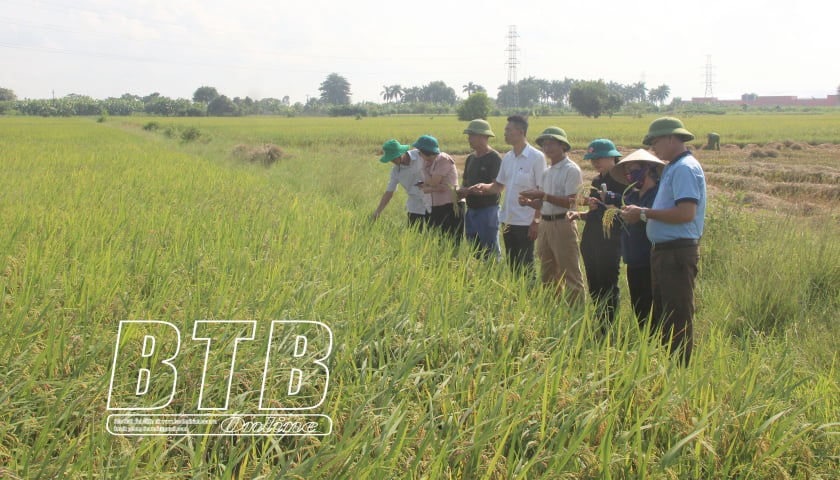



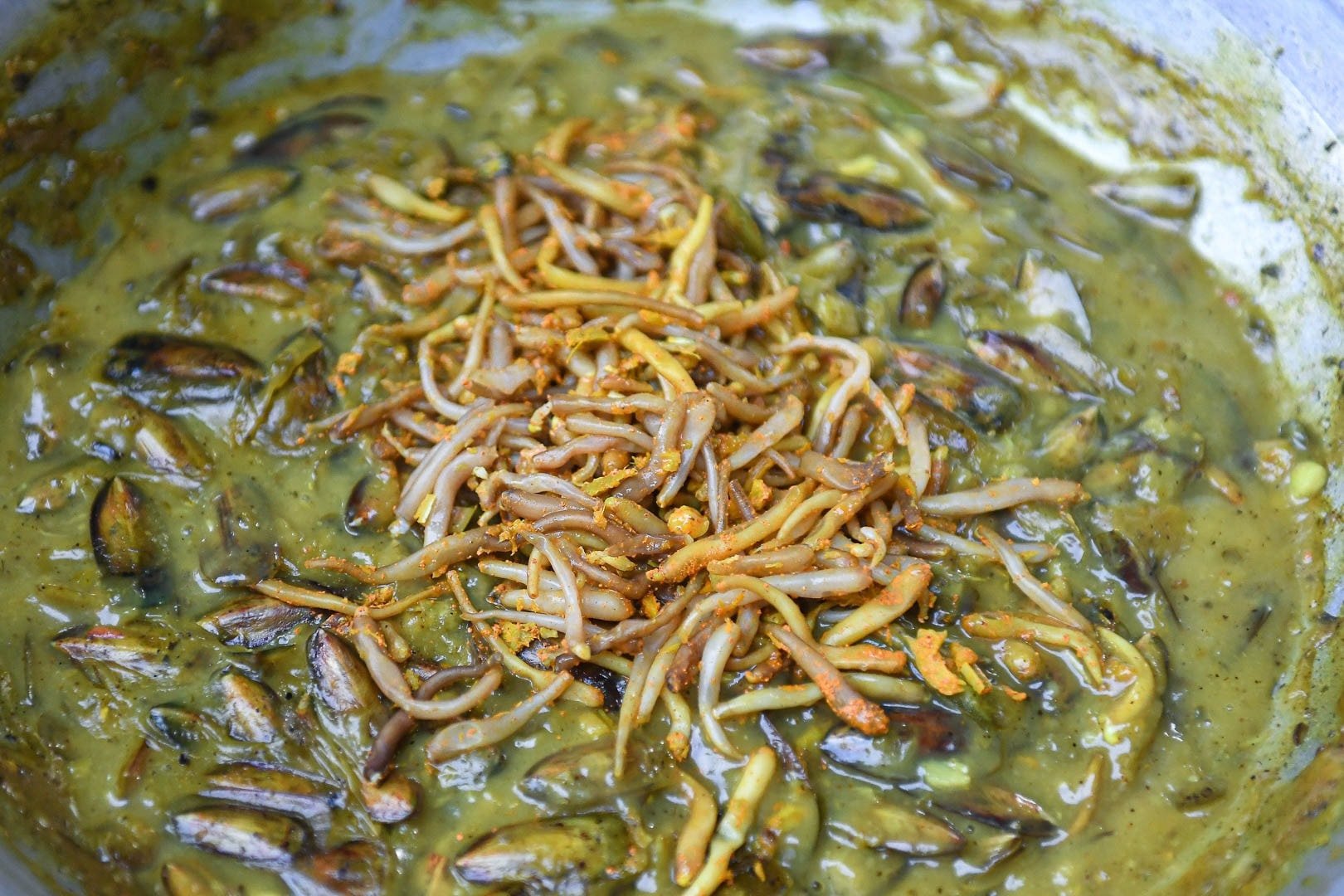



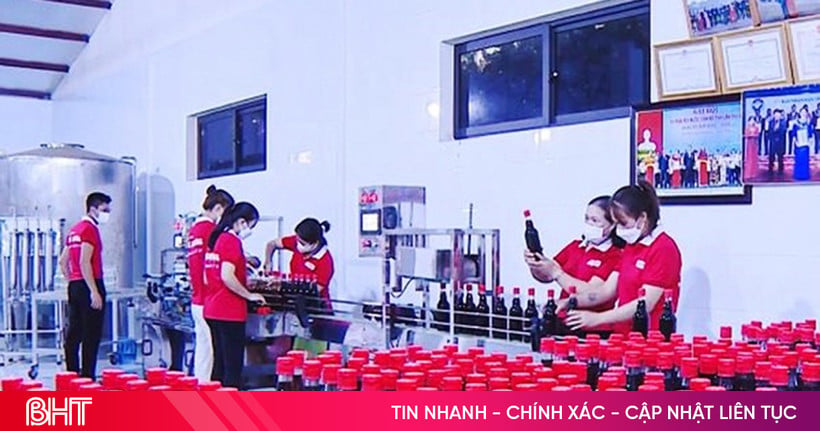





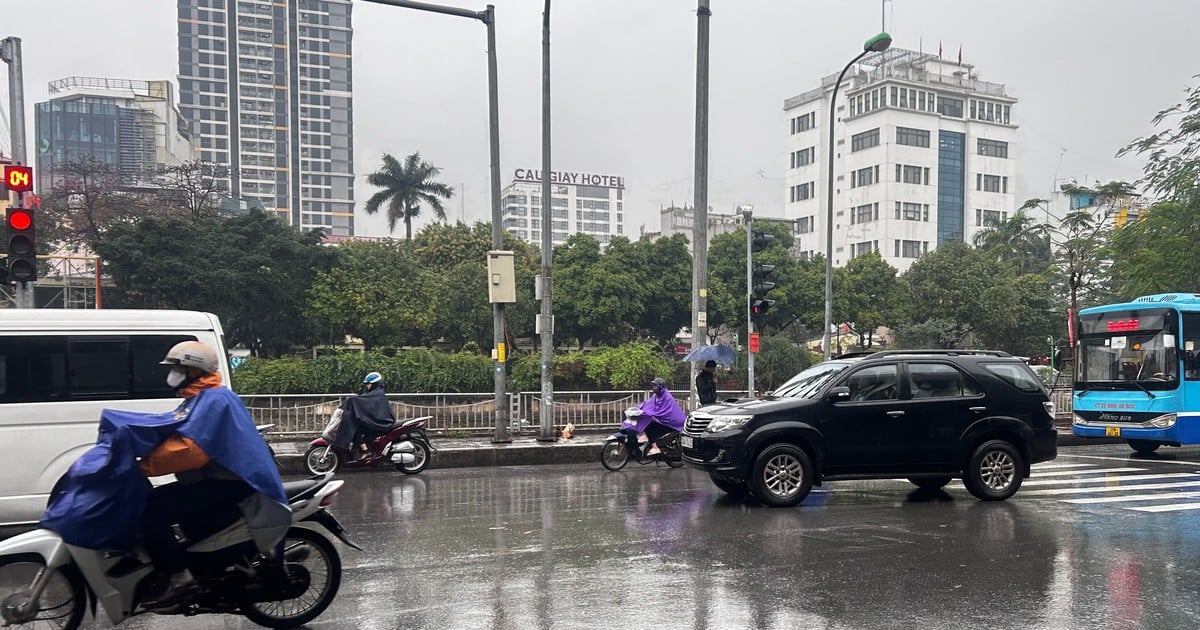



![[Photo] Summary of parade practice in preparation for the April 30th celebration](https://vstatic.vietnam.vn/vietnam/resource/IMAGE/2025/4/11/78cfee0f2cc045b387ff1a4362b5950f)











































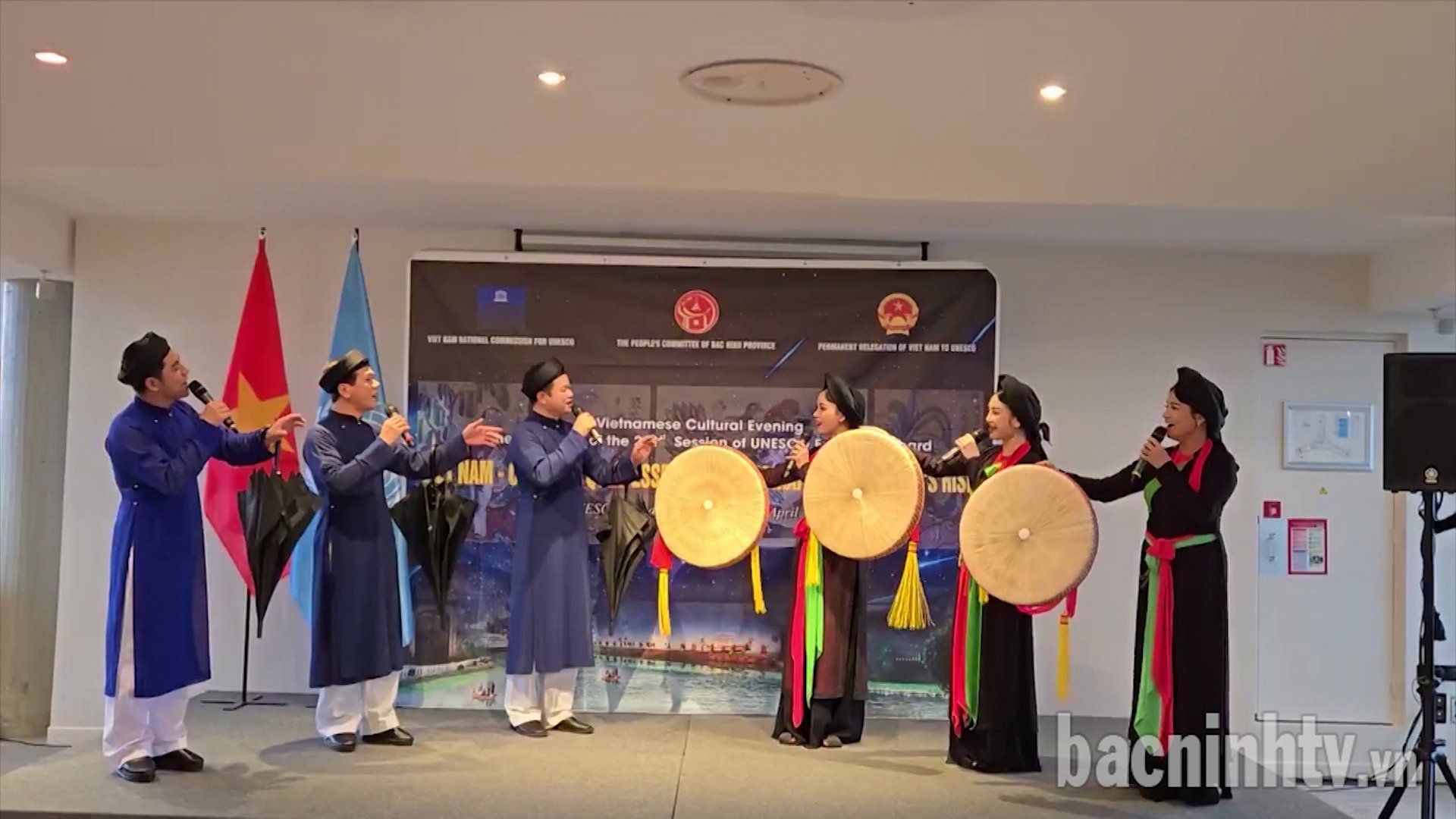


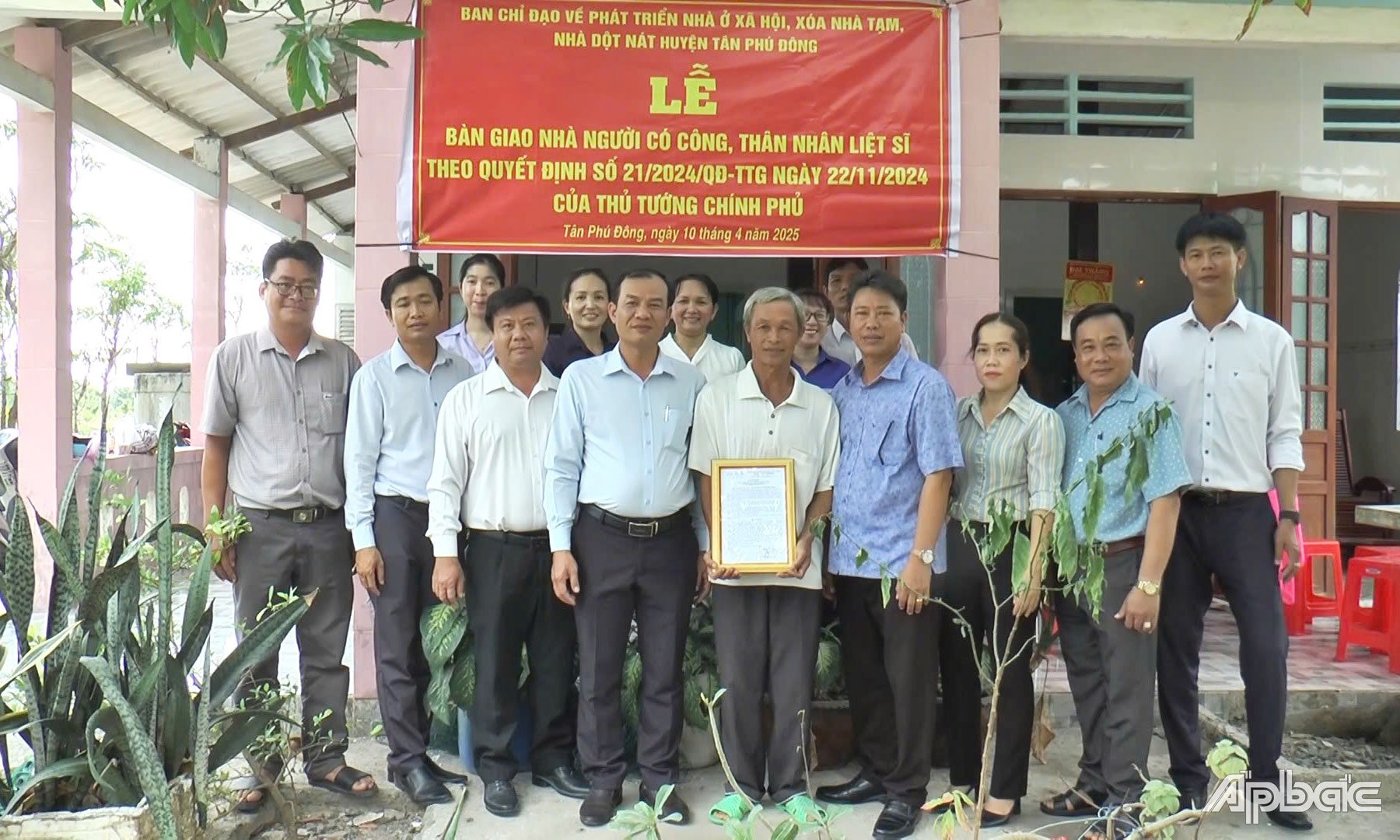



Comment (0)